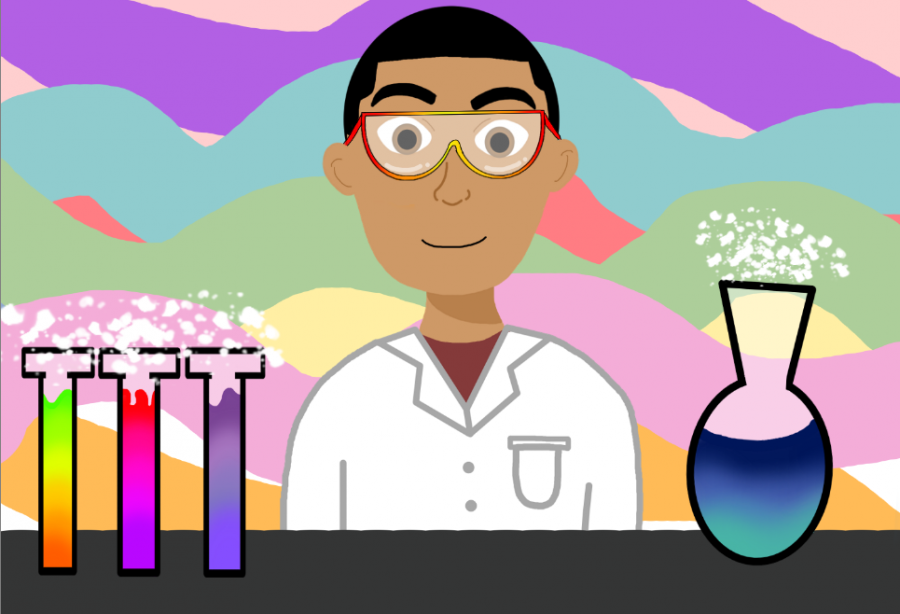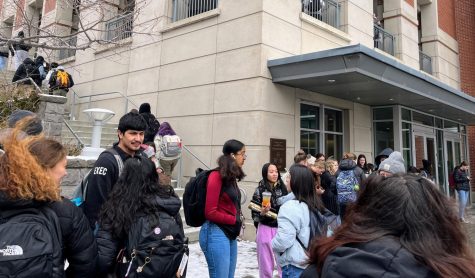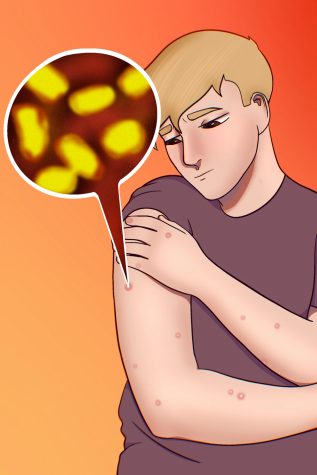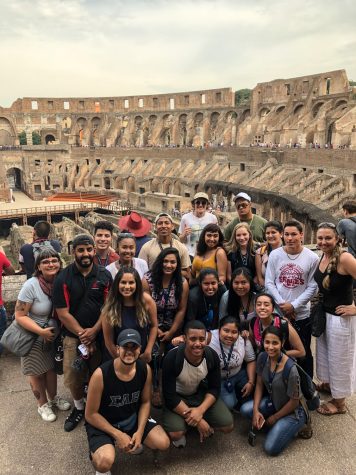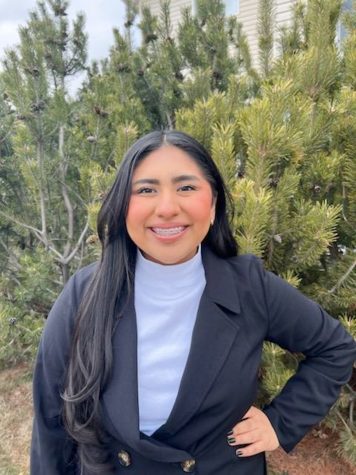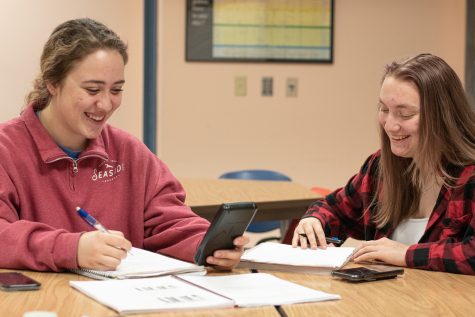Chemistry department now using take-home lab kits
Students make soap, practice lab safety; kits cost around $200
Lab fees for summer sessions are waived for students taking chemistry courses, so they can purchase lab kits instead. The cost of each kit varies for different courses with some costing over $200.
May 18, 2020
WSU’s Department of Chemistry is adjusting to online classes this summer by using lab kits that allow students to perform laboratory experiments at home.
Cole Mercer, lab manager for CHEM 345, said the experiments included in the kits range from measuring the melting point of hydrocarbons, which are chains of carbon atoms attached to hydrogen atoms such as propane or butane, to making soap through a process called saponification.
Students in CHEM 101, 102, 105, 106 and 345 will all work with kits during the summer session, Mercer said.
Greg Crouch, clinical professor in the Department of Chemistry, said the lab component of chemistry courses is essential because labs reinforce the scientific process and help students learn from their mistakes.
“For a lot of STEM majors, it’s the lab experiences that draw students to science,” Crouch said. “[Labs] are essential to good teaching.”
Crouch said lab fees are waived for students taking chemistry courses this summer so they can purchase the kits instead. The cost of each kit varies for different courses with some costing over $200.
Mercer said they custom-ordered kits with seven experiments for summer sessions. The experiments are ones that will give students a similar experience to what they would have in-person at WSU.
“We really tried to stay as true as possible to the current experiments that we have in our labs,” Mercer said. “We tried to pick experiments that modeled those same learning objectives.”
Each kit includes about 40-50 items, Mercer said, including chemicals such as harmless sodium chloride – table salt – and strong phosphoric acid. Any harmful chemicals are included in small volumes so they are safe to work with.
Crouch said several of the experiments are completely “green” and use chemicals with very low toxicity.
Before students perform experiments with the kits, they are expected to sign a lab safety contract, Mercer said. The kits also include goggles, gloves and lab coats that students must wear while experimenting.
Mercer said he made “unpacking videos” to help students identify each item provided in the kits.
Two companies, Hands-On Labs and eScienceLabs, are sending kits to students, Mercer said. They are experiencing significant delays because they are servicing hundreds of universities that moved online due to COVID-19.
Mercer said classes have adjusted deadlines so students will be able to complete experiments on time once they receive the kits.
“We’re trying desperately to provide the tools necessary for students to stay on track, given this extraordinary time,” Crouch said. “We’re not perfect but we’re trying to be better.”
Crouch said students can fill out a survey about their experiences with online classes, which can be found on myWSU.

